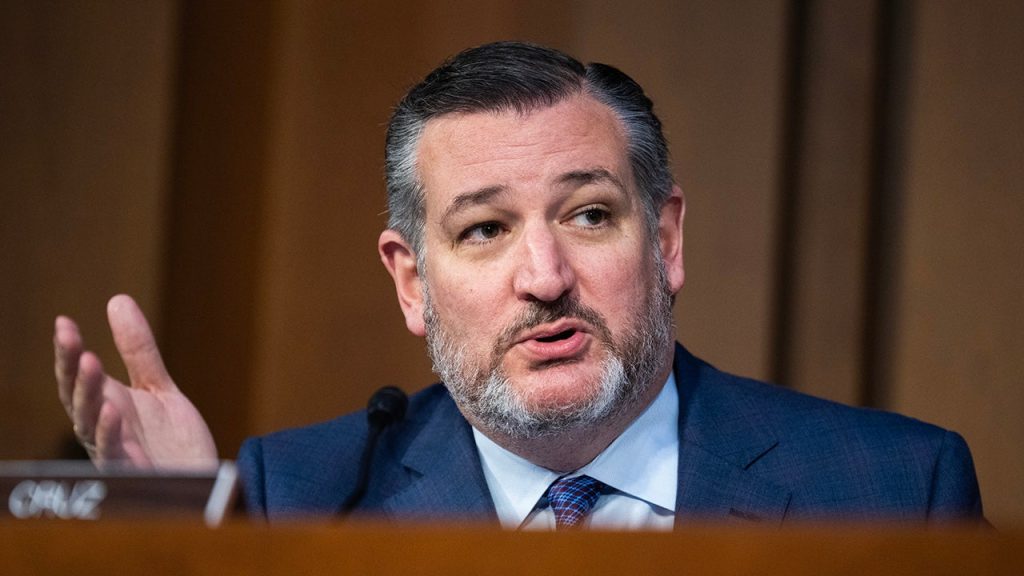Students at elite college campuses across the United States are forming “Gaza Solidarity” encampments and participating in marches to call on their respective schools to stop supporting Israel. However, some of these protests have taken a turn towards hate and antisemitism. At Columbia University in New York, protesters were heard shouting, “We are Hamas” and “Go back to Poland.” A protester at Princeton even held up a Hezbollah terror flag, prompting strong criticism from Senator Ted Cruz. Hezbollah is designated as a foreign terrorist organization by the U.S. State Department and is primarily based in southern Lebanon, where it has carried out attacks against Israel.
The protests have raised concerns about the rise of hate and antisemitism on college campuses in the United States. The presence of the Hezbollah flag at the Princeton encampment, along with other inflammatory statements, has been met with criticism. However, the protesters claim that they are engaging in legitimate forms of protest to raise awareness about the situation in Gaza. Despite this, the protests have become unruly, with some participants engaging in actions that contravene school policies, leading to arrests by university police.
The Princeton University protests began as a sit-in on McCosh Courtyard, but some protesters started erecting tents, which violated school policy. The university spokesperson stated that Princeton University Public Safety gave demonstrators warnings before taking action. All tents were voluntarily taken down by protesters. Princeton University President Christopher Eisgruber emphasized the importance of following strict rules during protests and demonstrations. He stated that while protests are allowed as long as they do not involve threats, harassment, or illegal conduct, certain actions, such as occupying buildings or establishing outdoor encampments, can be unsafe and disruptive.
The demonstrations at elite college campuses have highlighted the need for guidelines and boundaries when it comes to protests. University officials and law enforcement have responded to the protests by enforcing rules and taking action against those who engage in unlawful behavior. Princeton University, in particular, has made it clear that individuals involved in encampments or disruptive actions will be arrested and barred from the campus immediately. The ongoing protests and clashes between protesters and university authorities have underscored the challenges of balancing free speech with maintaining safety and order on college campuses.
The presence of hate speech and antisemitism at the Gaza Solidarity protests has raised concerns among students, faculty, and lawmakers. The protests, which were intended to raise awareness about the situation in Gaza, have taken a negative turn due to inflammatory rhetoric and actions. Lawmakers, such as Senator Ted Cruz, have condemned the use of terror group insignia and hate speech at these protests. The escalating tensions between protesters and university officials have underscored the need for dialogue and understanding on college campuses, as well as the importance of upholding the rights of all individuals to free speech while ensuring safety and order within the academic community.
In conclusion, the Gaza Solidarity protests on college campuses in the United States have sparked debates about free speech, safety, and the rise of hate and antisemitism. While protesters have claimed to be advocating for justice and awareness, their actions have raised concerns about the boundaries of legitimate protest and the impact of hate speech on campus communities. University officials and law enforcement have responded by enforcing rules and taking action against those who violate policies. The ongoing clashes between protesters and authorities highlight the challenges of balancing free speech with maintaining safety and order on college campuses. President Eisgruber’s emphasis on following strict rules during protests underscores the importance of engaging in peaceful and lawful forms of protest while upholding the rights of all individuals within the academic community.


